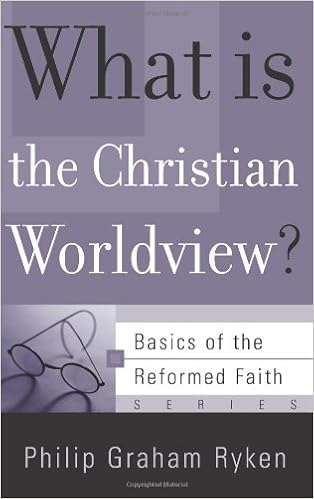Much (but not all!) productivity literature places way too much focus on efficiency. The default thinking of many seems to be that one of our main goals in any task should be to get it done as quickly as possible with as little waste as possible.
This works well with machines. But it is problematic when it comes to people, because prioritizing efficiency when humans are involved often results in diminishing beauty, quality, and discovery. (For one example, see Patrick Lencioni’s great article “The Enemy of Innovation and Creativity” which is, you guessed it, efficiency.) Efficiency has its place, but it is secondary to effectiveness and quality.
This productivity principle relates to apologetics, or the defense of the faith. Sometimes skeptics look at the universe and the way God created things and critique it on the basis that it’s not maximally efficient.
These thinkers are guilty of over-prioritizing efficiency. For God is far more like an artist than an engineer.
I love how William Lane Craig puts this at his site Reasonable Faith, in response to the question “Does the Vastness of the Universe Support Naturalism?“:
Sometimes people complain that a vast cosmos is a waste of space and so would impugn God’s efficiency as a Creator and Designer. But here I’m persuaded by Thomas Morris’ point that efficiency is a value only for someone who has limited time and/or resources, a condition which is just inapplicable to God.
That’s why I think that those pressing the efficiency objection are just wrong in thinking of God in terms of an engineer marshaling his resources rather than as an artist, who enjoys splashing His cosmic canvas with dazzling colors and creations.
I am in awe as I look at the galactic and cosmic structures photographed by the Hubble telescope. The vastness and beauty of the universe speak to me of God’s majestic greatness and His marvelous condescension in loving and caring about us.
As with God, so also with us. Care about efficiency. But care about beauty and service most of all.
 As Christians, we are called to engage the culture, not retreat from it. In order to do this effectively (and winsomely, avoiding spiritual weirdness), we need to understand how to develop a Christian worldview.
As Christians, we are called to engage the culture, not retreat from it. In order to do this effectively (and winsomely, avoiding spiritual weirdness), we need to understand how to develop a Christian worldview.